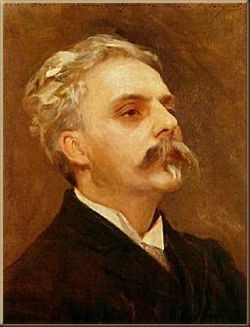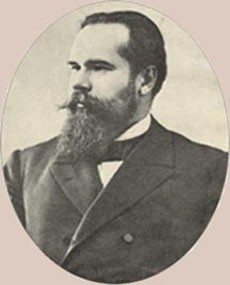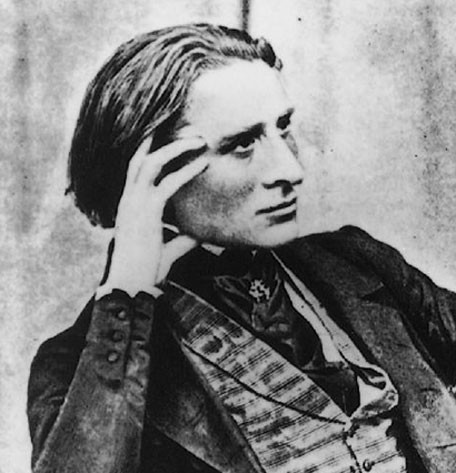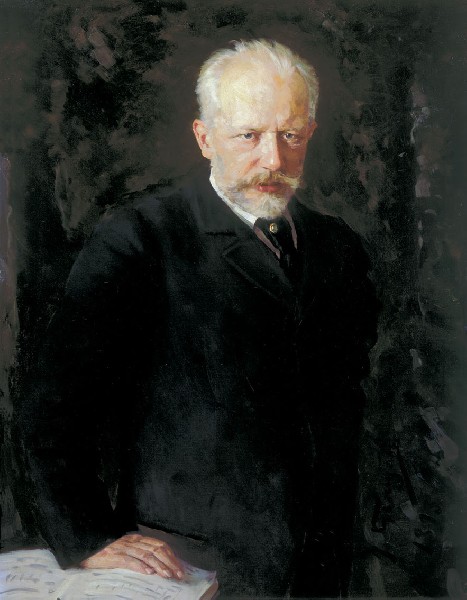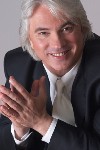Dmitri Hvorostovsky's Song Fills Carnegie Hall
Faure, Taneyev, Liszt and Tchaikovsky
By: Susan Hall - Feb 22, 2011
Dmitri Hvorostovsky, Baritone
Ivari Ilja, Piano
Carnegie Hall
February 21, 2011
FAURÉ "Automne," Op. 18, No. 3
FAURÉ "Sylvie," Op. 6, No. 3
FAURÉ "Après un rêve," Op. 7, No. 1
FAURÉ "Fleur jetée," Op. 39, No. 2
TANEYEV "People Sleep," Op. 17, No. 10
TANEYEV "Menuet," Op. 26, No. 9
TANEYEV "The Winter Road," Op. 32, No. 4
TANEYEV "Stalactites," Op. 26, No. 6
TANEYEV "The Restless Heart is Beating," Op. 17, No. 9
LISZT "I' vidi in terra angelici costumi"
LISZT "Pace non trovo"
TCHAIKOVSKY Six Romances, Op. 73
·· We Sat Together
·· Night
·· On this Moonlit Night
·· The Sun has Set
·· Amid Sombre Days
·· Again, as Before, Alone
Dmitri Hvorostovsky, fresh from a triumphant run as Simon Boccanegra at the Metropolitan Opera, performed songs of Faure, Taneyev, Liszt and Tchaikovsky at Carnegie Hall.
His characteristic mane flowed long down his back. The evening suit, longer than a morning coat, was also wide at the chest. His lapels were a shiny black accented by rhinestones. From this ‘tall drink of water’ emerges a voice resonating as though it were housed in a cathedral. Hvorostovsky’s mesmerizing legato and rounded tone were amply in evidence, especially as he ended phrases that at times seemed not to end. We were disappointed when they actually did.
The Faure Songs are difficult, although the only indication of effort was in the uniformity of approach, as though the singer had to hang on. Automne opened the program. The song sounds big because the harmony is straightforward, dominant and the marked cadences are strong.
Right from the start the remarkable accompanist Ivari Ilja was an intimate part of the proceedings. The song is a dialogue between the bass of the piano and the voice. Their themes are similar in structure, the rhythms identical, and the lines somewhat angular.
Sylvie was called perverse by Faure, because there are changes from major to minor for no reason. Hvorostovsky countered by handling the high notes with aplomb. The pianist negotiated the ‘perverse’ intermittent chromatics and contrary motion in the hands with seeming ease.
In Apres un reve, the melody flows to overflowing. Hvorostovsky easily articulated the high notes and the multifaceted rhythmic structure, which includes arpeggios, scales and big upward and downward leaps.
Fler jetee was fast, energetic and big. Hvorostovsky showed off the frantically repeated octaves and the frequent use of the diminished sevenths.
Taneyev is a Russian composer whose songs are seldom sung. He is best known as a love interest of the Countess Tolstoy who drove the Count around the bend. These lovely songs dash his reputation as an academic composer. They are a dark evocation of winterscape of the Russian motherland. Sunset progresses from dusk to darkness. Nothing is routine. Nothing sounds the same.
After the intermission, Hvorostovsky dove into Liszt. The songs based on Petrarch sonnets were composed late in Liszt’s career and are very abstract. Everything romantic has been stripped away. Because the Hvorostovsky voice is so lush, the harshness of these pieces was muted.
The Tchaikovsky songs suited the singer and pianist perfectly. As Hvorostovsky relaxed into the Six Romances, his big, bold and tender performance was engulfing and liberating.
Hvorostovsky can do anything with his voice and his responsiveness and control are remarkable. Concluding in his encores with Rachmaninoff’s In the Silence of the Secret Night, and two traditional songs, Core'n grato and then an unaccompanied Russian folk song, Farewell, Happiness he was relaxed and extremely moving.
Hvorostovsky’s voice is a treasure. He will sing in Boston on February 27 at Symphony Hall and Count di Luna at the Metropolitan Opera in Trovatore in April.
www.Metoperafamily.org
Future schedule at Carnegie Hall is on www.Carnegiehall.org

